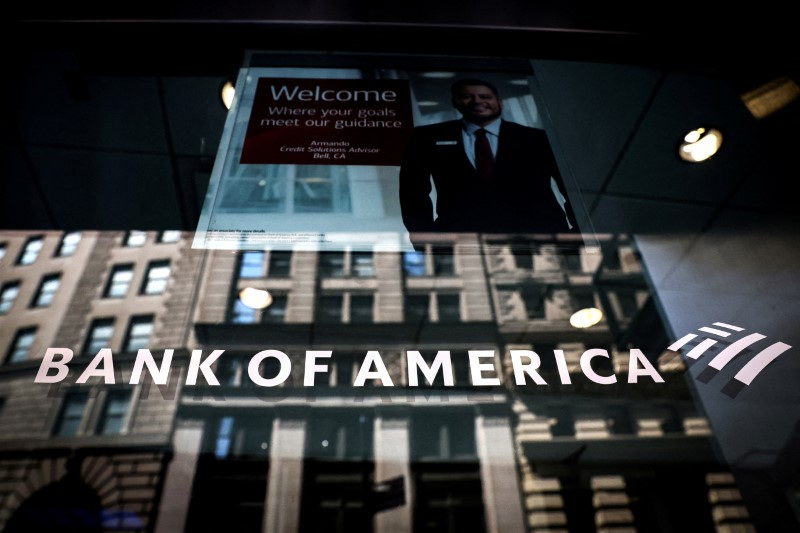Tariffs should have 'nuanced impact' on metal prices: BofA
Investing.com -- Bank of America analysts said in a note Wednesday that the proposed tariffs by President-elect Trump will have a "nuanced impact" on metal prices, reflecting both direct and indirect consequences.
The proposed 25% duties on Mexico and Canada, significant metal suppliers to the US, are a particular focus.
"Tariffs raise two main concerns," BofA notes. They explain that first is the potential negative impact on global growth and metals fundamentals, particularly if the tariffs escalate into a broader trade war. However, BofA suggests that a "narrower approach to trade barriers may eventually prevail," limiting the overall damage.
“Second, regional metals prices would have to adjust to any potential tariffs,” wrote the bank.
In terms of pricing, the impact of tariffs will vary based on whether metals are priced domestically or referenced on a global exchange like the London Metal Exchange (LME).
"Physical contracts for the base metals generally reference LME prices, which serve as a global benchmark, so do not include any tariffs," BofA explains.
However, the bank says that US consumers will face a regional physical premium that accounts for these tariffs. They explain that despite the initial 10% import tariff on aluminum being diluted, Midwest premia continue to trade higher, factoring in the marginal cost of imports.
Regionally priced commodities such as hot rolled coil will directly incorporate the tariffs into their prices, according to BofA. Since the introduction of a 25% tariff on steel imports in 2018, US domestic steel prices have consistently traded at a premium of up to 80% compared to European steel prices.
BofA warns of broader economic implications, stating that tariffs could lead to a stronger dollar, higher inflation, and increased interest rates—outcomes that could pose challenges for the US economy.
Despite these risks, BofA concludes that metals prices should stabilize once initial volatility subsides, particularly if tariffs are targeted and investment in the energy transition continues.
Source: Investing.com
